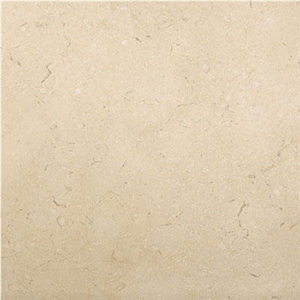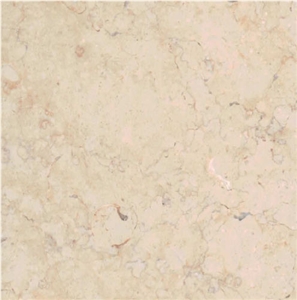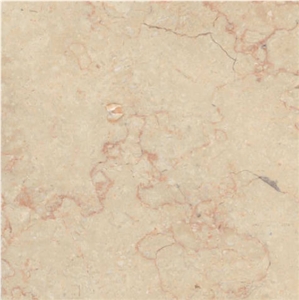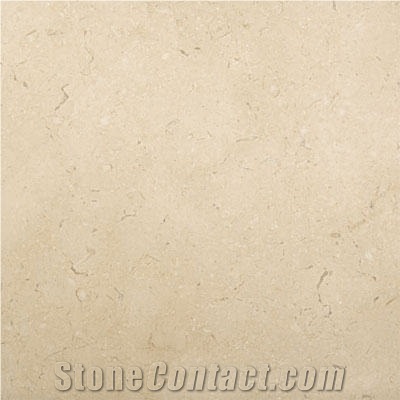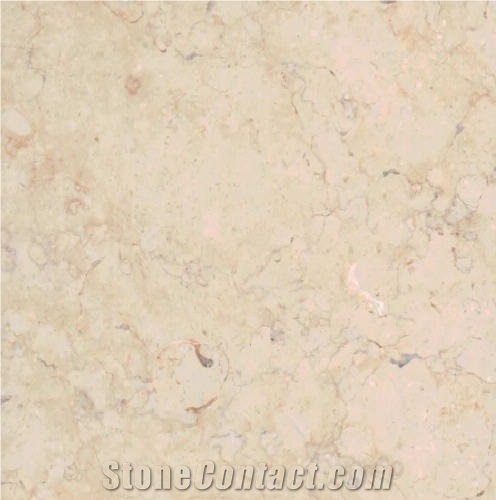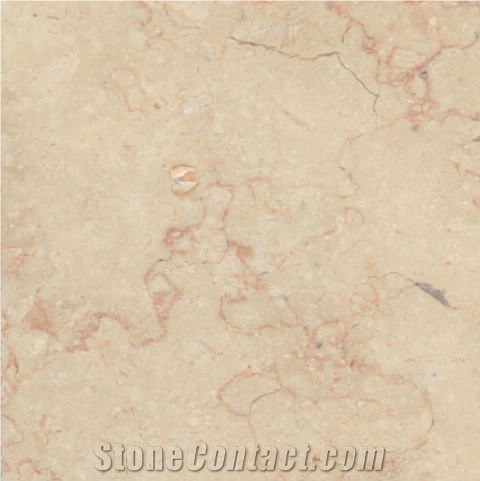Cheverny Marble
 Tunisia
(Thala Region)
Tunisia
(Thala Region)
Cheverny Marble is a kind of beige marble quarried in Tunisia. This stone is especially good for Building stone,countertops, sinks, monuments, pool coping, sills, ornamental stone, interior, exterior, wall, floor , paving and other design projects. It also called Cheverny Beige Marble,Cheverny Cream Limestone,Arum Cream Limestone,Beige Cheverny Limestone,Thala Beige Marble, Beige Cheverny Marble, marbre Cheverny,Chevrenet Marble . Cheverny Marble can be processed into Polished, Sawn Cut, Sanded, Rockfaced, Sandblasted, Tumbled and so on.

Can Tunisia's Cheverny Marble be used in heavy use areas?

Can Tunisia's Cheverny Marble be used outdoors?

What grade is Tunisia's Cheverny Marble?

What is the coefficient of friction of Chiseled Tunisia's Cheverny Marble tiles?

Are there color variations of Tunisia's Cheverny Marble?

Can Tunisia's Cheverny Marble be used exterior applications in cold climates?

How thick is Tunisia's Cheverny Marble slabs?

Is Tunisia's Cheverny Marble an expensive stone?

Can Tunisia's Cheverny Marble be used in a dining room?
-

-

 China
China
 12YRDiamond members are premium members on platform, providing members with comprehensive approach to promoting their products, increasing products exposure and investment return to maximize.
12YRDiamond members are premium members on platform, providing members with comprehensive approach to promoting their products, increasing products exposure and investment return to maximize.
 Verified Supplier is for prove company authenticity,including business license,trade license and effective office space,to enhance buyers' trust to suppliers and their products, reducing communication costs.
Verified Supplier is for prove company authenticity,including business license,trade license and effective office space,to enhance buyers' trust to suppliers and their products, reducing communication costs.
Contact Supplier
-

 China
China
 12YRDiamond members are premium members on platform, providing members with comprehensive approach to promoting their products, increasing products exposure and investment return to maximize.
12YRDiamond members are premium members on platform, providing members with comprehensive approach to promoting their products, increasing products exposure and investment return to maximize.
 Verified Supplier is for prove company authenticity,including business license,trade license and effective office space,to enhance buyers' trust to suppliers and their products, reducing communication costs.
Verified Supplier is for prove company authenticity,including business license,trade license and effective office space,to enhance buyers' trust to suppliers and their products, reducing communication costs.
Contact Supplier
-

 China
China
 12YRDiamond members are premium members on platform, providing members with comprehensive approach to promoting their products, increasing products exposure and investment return to maximize.
12YRDiamond members are premium members on platform, providing members with comprehensive approach to promoting their products, increasing products exposure and investment return to maximize.
 Verified Supplier is for prove company authenticity,including business license,trade license and effective office space,to enhance buyers' trust to suppliers and their products, reducing communication costs.
Verified Supplier is for prove company authenticity,including business license,trade license and effective office space,to enhance buyers' trust to suppliers and their products, reducing communication costs.
Contact Supplier
-

-

-

-

-

-

The request includes: 1. surface finished, size 2. quantity required






